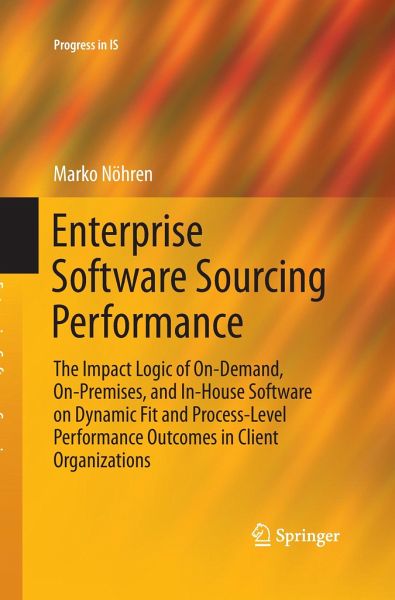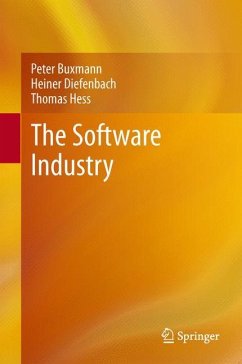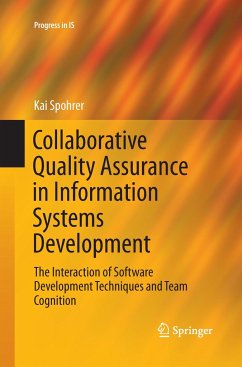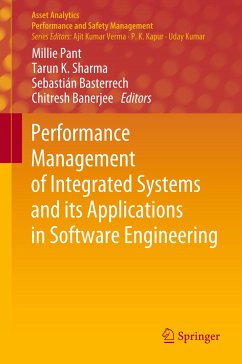
Enterprise Software Sourcing Performance
The Impact Logic of On-Demand, On-Premises, and In-House Software on Dynamic Fit and Process-Level Performance Outcomes in Client Organizations
Versandkostenfrei!
Versandfertig in 6-10 Tagen
38,99 €
inkl. MwSt.
Weitere Ausgaben:

PAYBACK Punkte
19 °P sammeln!
This book opens the "black box" of software sourcing by explaining how dynamic software alignment is established and how it impacts business performance outcomes. By investigating how software-sourcing modes are related to value generation in the post-implementation phase, it shows researchers and managers the impact logic of on-demand, on-premises, and in-house software on dynamic fit and process-level performance outcomes in a client organization. It describes dynamic IT alignment as the key to success in a fast-moving digital world with software-as-a-service on the rise and highlights the f...
This book opens the "black box" of software sourcing by explaining how dynamic software alignment is established and how it impacts business performance outcomes. By investigating how software-sourcing modes are related to value generation in the post-implementation phase, it shows researchers and managers the impact logic of on-demand, on-premises, and in-house software on dynamic fit and process-level performance outcomes in a client organization. It describes dynamic IT alignment as the key to success in a fast-moving digital world with software-as-a-service on the rise and highlights the fact that today companies can choose between developing software in-house (make) or sourcing packaged systems in an on-premises (buy) or an on-demand (lease) mode. This book is the first to explicitly compare these sourcing arrangements with each other in terms of alignment and business performance.














